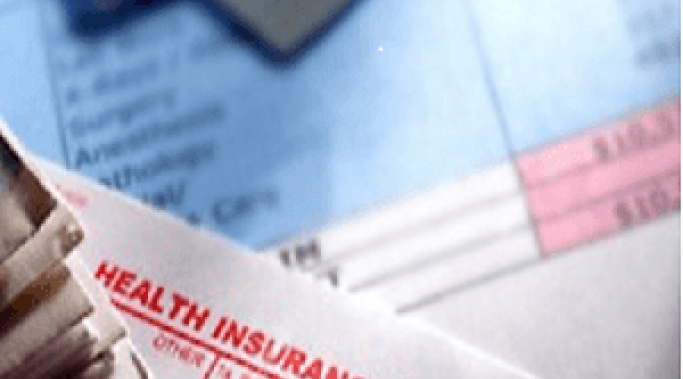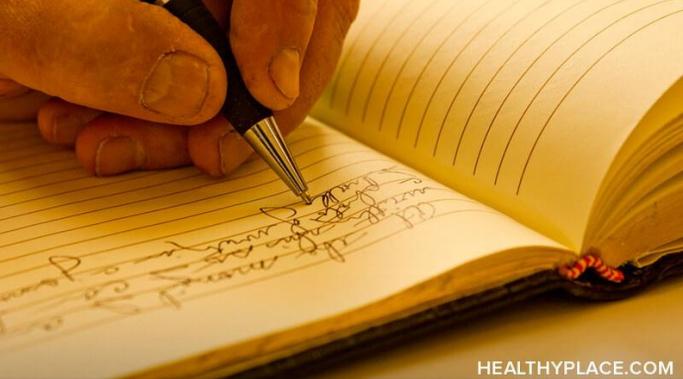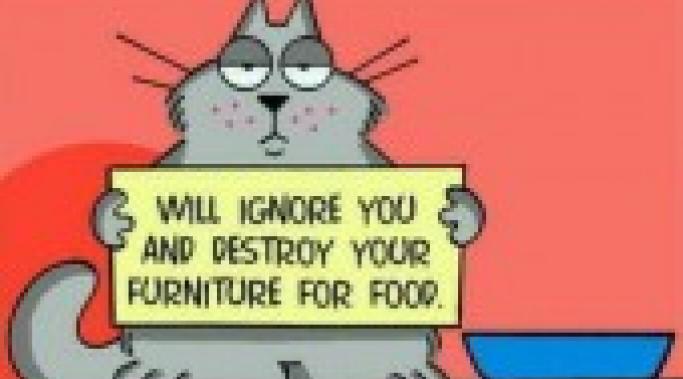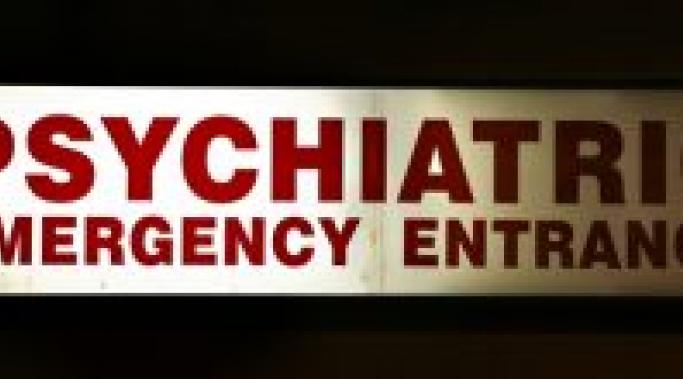Blogs
Finding a good psychiatrist is, apparently, problematic for some of my readers. Don't worry, you're not the only one who can't find a good psychiatrist.
Last week, I wrote a post focused on communicating with your psychiatrist. This post spurred a few replies, questions from readers, that I want to try to address within this post. I'll do the best I can being a patient myself---a patient who is less than patient!
How Do You Find A Good Psychiatrist?
One of the most frustrating things about having an eating disorder and attempting recovery is dealing with insurance companies. To be honest, I know of very few people who have had a truly positive experience with their insurance companies. This goes for all levels of eating disorder treatment: outpatient, partial hospitalization, residential, and inpatient. If you're lucky, your eating disorder treatment team will fight for you to get the insurance coverage you need. If you're not lucky, you may be doing it on your own.
While I might one day do an article later about how to deal with your insurance company and fight for the eating disorder treatment you need, today is not that day. Today's post is borne out of pure frustration.
Why Won't Insurance Companies Pay For Eating Disorder Treatment?
Open Letter to Insurance Companies
Say adios to autopilot. This mindset has not been serving you on your path to building self-esteem and working to increase self-confidence. If you have been living with the same thought process, day in and day out, it can be difficult to break out of your comfort zone into new ideas or new tools to enhance your life. When one becomes mindful of their thoughts and feelings, they build awareness and can slowly start trusting what their brain and body really need.
The very first assistant I hired never made a mistake on my schedule, and my clients loved her because she was so kind with them on the phone. She had great ideas and an ability to find the answer to a problem no matter how long it took.
The problem was that it took forever. Everything took forever. Nothing was ever done because she did it over and over to get it just right. At the same time, she had trouble showing up. Yes, I mean she often didn't come to work. If she couldn't come on time and perfectly ready to work, she didn't come. And anything and everything was an excuse.
Her perfectionism made her unable to function. Let go of perfectionism: it is grossly inefficient and could get you fired.
Have you ever noticed that the more pain you feel the more isolated you become in it? Have you noticed that when you try to explain how your pain feels words just don’t seem to suffice? Do friends, families and professional practitioners zone, check out when you try to describe the pain you are now or have been in?
It’s very tough to translate your personal experience into words others can understand. There are, however, ways to make it easier.
Self-Care? What's that? Self-care is a term I learned while in graduate school studying mental health counseling. Self-care is what you do to take care of yourself. Sounds simple, but it's not. So much of our focus as parents of children with mental illness is on our kids. The last thing we do is think of ourselves. How can we? Parents have kids and take care of them. But, what do you do when you're run down? When was the last time you slept or ate well? The last time you had ten minutes to sit and do nothing? If you can't think of the last time you practiced good self-care, you're way overdue.
As I write this, my sobriety is shot to the Nether Regions. I'm once again fighting my battle against alcohol relapse and cravings. Which got me thinking, what do I wish people understood about addiction?
According to a recent study conducted by the ASAAS (American Society for the Advancement of American Societies), over 93% of U.S. citizens will be touched by mental illness at some point in their lives. With the 2012 census weighing in at a portly 312,780,968, that works out to really a lot of people.
A more detailed breakdown of this massive demographic is very instructive, especially in light of challenges encountered by the mentally ill when seeking employment. The following terms, sanctioned by ASAAS, indicate psychological impairment on an ascending scale of severity (least to worst).
11% - personality enhanced
7% - characters in search of a playwright
9% - strange arrangers
13% - alternate reality ramblers
8% - attending a séance with Syngen
15% - antediluvian starfish
7% - sea lion impersonators
20% - puzzled jig saw chipped tooth sharpeners
3% - bananapram umbrellastand chiming lunar tox
Although cyber bullying is not seen by many parents as being as serious as face-to-face bullying, it can be more dangerous as it creates the possibility of a wide-spread and more severe attack on an individual. The effect of bullying can be devastating and cyber bullying can result in peer group exclusion, victimization, and public humiliation of a child or adolescent.
I often catch myself sitting back and thinking what the world could look like if mental health stigma was a thing of the past and mental health care was a right and not a privilege. I don’t know if I will live long enough to see any of these dreams materialize, but it doesn’t hurt to have an idea of what a mental health utopia may look like.








